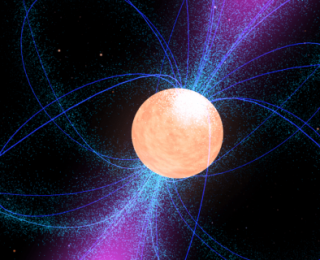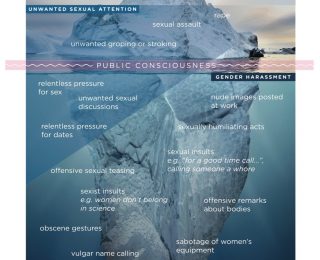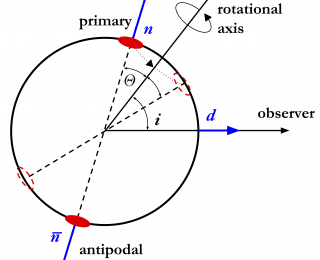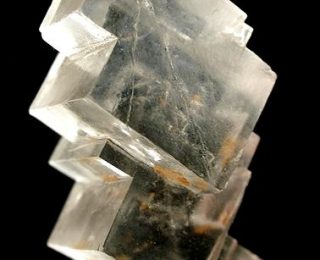
Why don’t they just break up?
Millisecond pulsars haven’t been observed to spin faster than ~700 Hz — if they don’t fly apart until ~1 kHz, why haven’t we found any faster specimens?

Millisecond pulsars haven’t been observed to spin faster than ~700 Hz — if they don’t fly apart until ~1 kHz, why haven’t we found any faster specimens?

What do findings from the report on sexual harassment by the National Academies of Sciences, Engineering, and Medicine mean in an era of social upheaval?

Attention arachno-astronomers: a third class of “spider” pulsars could illuminate the mysterious evolution of the most boring (and ubiquitous) millisecond pulsar binaries.

What can we learn from a compact object that shows us all of its sides simultaneously?

A “paleo-detector” may sound more like a Jurassic Park plot point than an astrophysics experiment, but today’s featured paper shows us that digging deep for ancient minerals may be an effective way to characterize the ever-mysterious nature of dark matter.